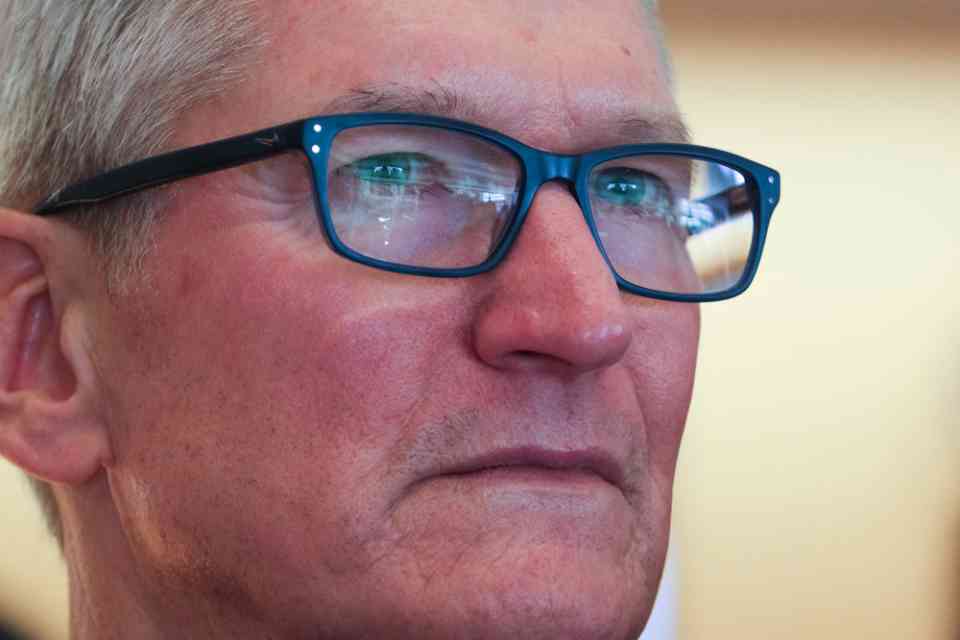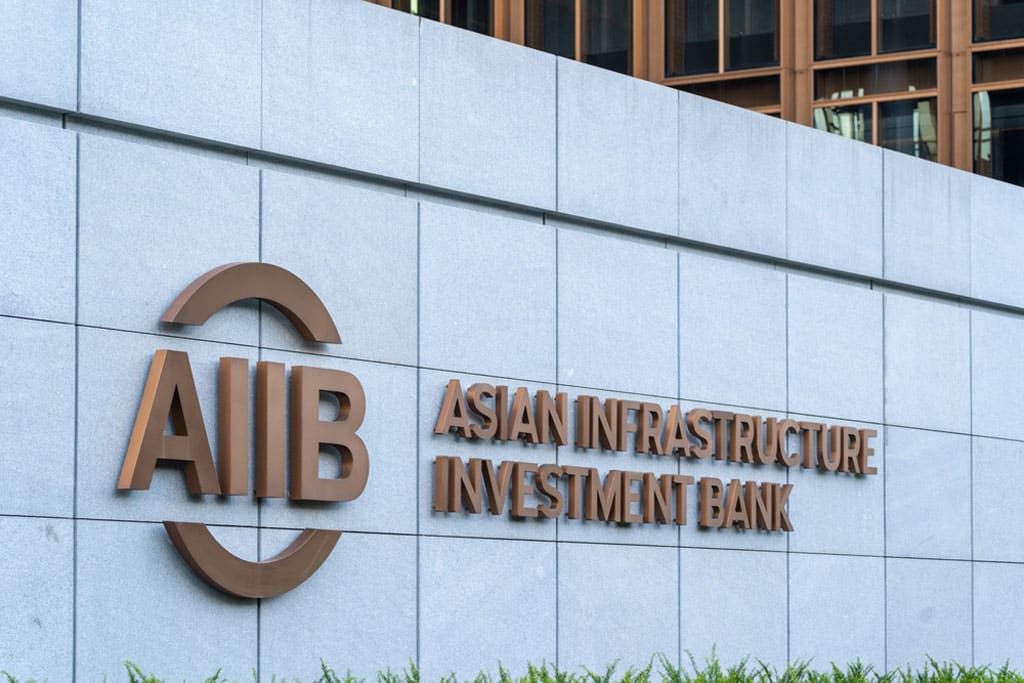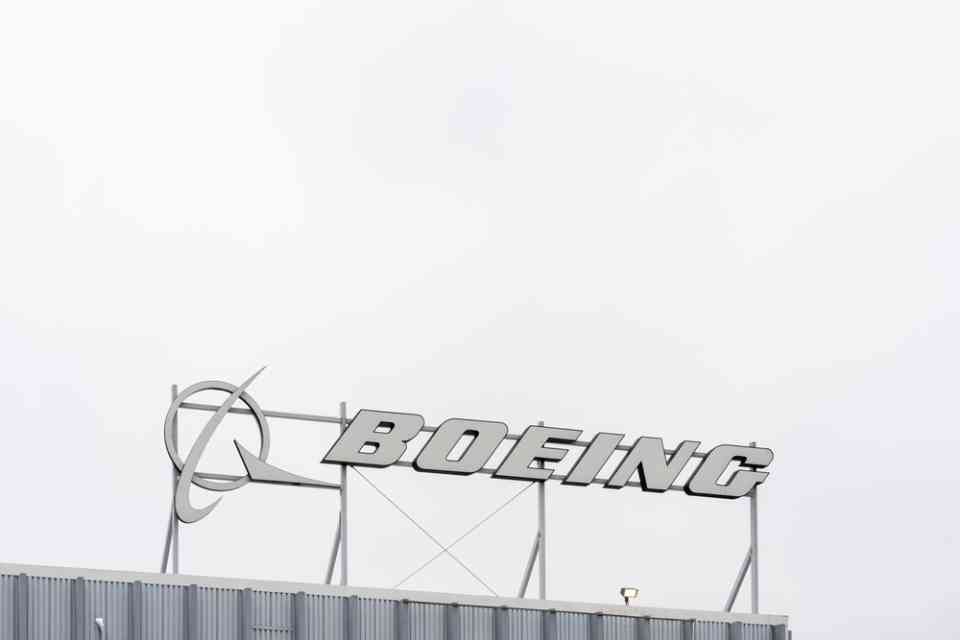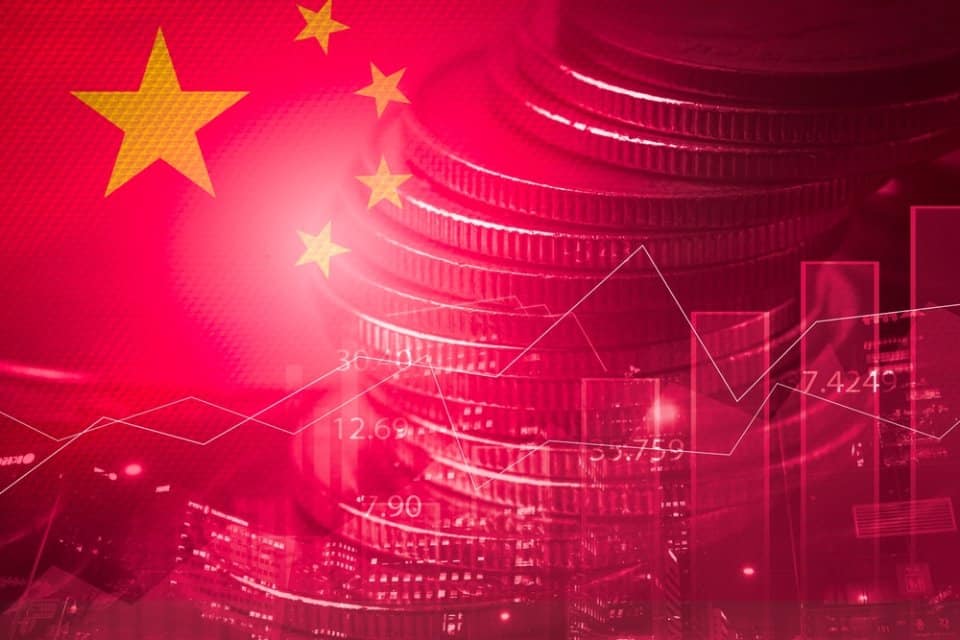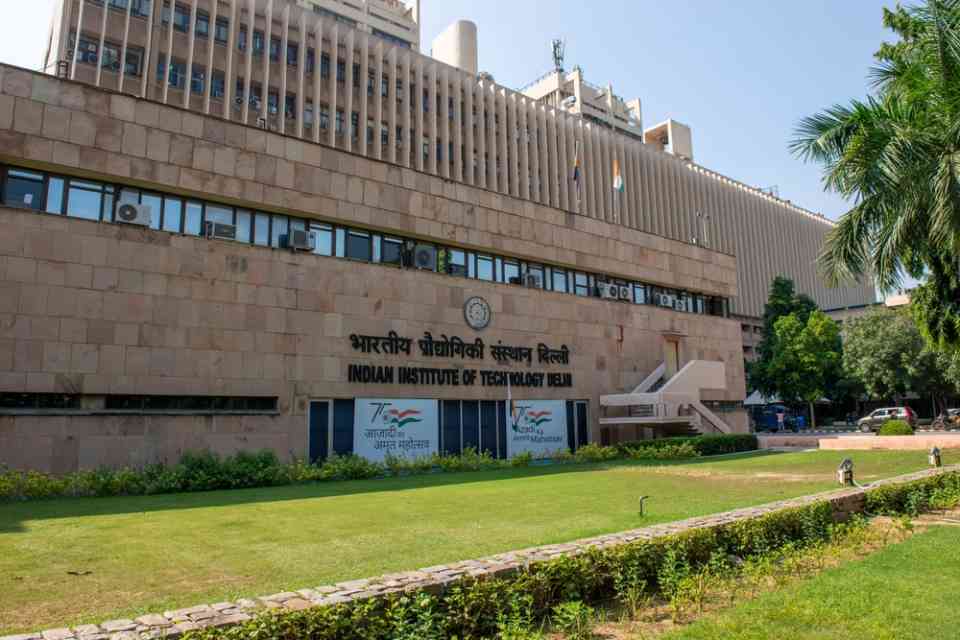The eight franchises in the Hundred have collectively been valued at more than $841 million following the first phase of their sale process. High-profile individuals, including a director from Chelsea, Indian billionaires, and members of the Glazer family, have all shown significant interest in the bids.
The initial round of bidding concluded last Friday, with sources from the England and Wales Cricket Board (ECB) expressing satisfaction at the strong demand. With the help of advisors Deloitte and the Raine Group, the ECB has overseen more than 100 bids for the eight teams. Some investors showed interest in acquiring multiple teams, while others focused on individual franchises.
Among the potential investors are Jonathan Goldstein, a Chelsea director, India’s wealthiest family, the Ambanis, and members of the Glazer family. The most notable offer reportedly came from Sanjiv Goenka, an Indian billionaire and owner of the Indian Premier League’s Lucknow Super Giants. Goenka is believed to have valued London Spirit, the franchise based at Lord’s, at an impressive $181 million, which surpasses the bid placed by the Ambanis, who own the Mumbai Indians. Insiders have confirmed that several other bids in the $181 million range were made, not only for London Spirit but also for other teams.
Oval Invincibles has also attracted significant interest, with one Indian Premier League (IPL) owner placing a bid of around 155 million. Additionally, a third franchise has reportedly received a bid in the same financial range. For the remaining teams, offers reached up to $103 million.
Interest in the Hundred extends beyond cricket circles, with American sports owners and private equity firms also entering the fray. Most IPL teams have similarly expressed their interest in the process. Jonathan Goldstein has registered his interest with the Raine Group as part of a potential offer independent of Chelsea. While it remains unclear which franchise he is targeting, he is reportedly collaborating with partners and has requested further details about advancing to the second round of bidding. Goldstein previously partnered with Chelsea co-owner Todd Boehly in the successful acquisition of the football club, a process that Raine also managed. Boehly’s office has declined to comment on whether he is involved in the Hundred bid alongside Goldstein.
Meanwhile, several members of the Glazer family, excluding Joel, have expressed their interest in recent weeks. The family’s familiarity with Raine, following their sale of a significant stake in Manchester United to Ineos last year, has likely contributed to their involvement in the Hundred.
The initial valuations from this round cover 100% of each team. However, as the process advances, it will become clearer how much of each team is up for sale. The ECB has confirmed that it will sell 49% of each franchise, with the proceeds to be distributed throughout the sport, while the remaining 51% will be gifted to the host venue. The host venues have the option to keep or sell part or all of this stake. Although many of the eight teams are expected to sell a portion of their stake, Surrey, which hosts the Oval Invincibles, has previously expressed a strong desire to retain full control of their 51% share and oversee the franchise’s cricket operations. However, as bids continue to roll in, some venues may reconsider.
The first-round valuations have fueled optimism within the ECB that the sale of the 49% stakes could exceed $647 million, with potential for even higher figures if larger stakes become available. The ECB has already developed a model for distributing the proceeds of the sale:
- The first 10% of the proceeds from the sale of the 49% stake will be allocated to grassroots cricket, with the remainder shared among the counties.
- Of the counties’ share, the first $356 million will be split 19 ways between the 18 first-class counties and the Marylebone Cricket Club (MCC), which owns Lord’s.
- The next $194 million will be divided between the 11 non-host counties.
- Any proceeds exceeding $550 million will again be distributed among all 19.
For the sale of the 51% stake, the breakdown is as follows:
- The first 10% will go to grassroots cricket.
- 80% will go to the host county.
- The final 10% will be distributed among the other counties.
This revenue-sharing model offers a significant financial boost to cash-strapped counties, but the ECB is looking to implement strict guidelines on how the money can be utilized. In return for their investment, new team owners are expected to receive around 80% of revenue from broadcasting, ticket sales, and sponsorship linked to the Hundred. Team identities could also undergo changes, and salaries in both the men’s and women’s competitions are likely to increase as a result of the investment.
As the sale progresses, it will eventually be broken down into eight separate transactions, with a shortlist of potential buyers drawn up for each franchise. Prospective investors will then spend a month visiting venues and meeting counties as final partners are selected.
Although the ECB has not imposed a strict deadline for completing the sale, new investments could potentially be finalized by spring next year. Some teams may have secured their investment by the start of the fifth edition of the Hundred, while others might take longer. The sale of London Spirit, the most valuable franchise, could face delays due to the involvement of the MCC, which recently held a special general meeting to decide whether to accept the ECB’s offer of 51% ownership of London Spirit. The outcome of that vote is expected in the coming days.
Have you read?
Richest Countries In Europe In 2024.
Most Attractive Countries To Private Equity, Venture Capital, and Hedge Fund Investors.
Revealed: Highest-paid news media executive in the United Kingdom.
Countries Leading the Way on Climate Change.
World’s Best Countries For Adventure Tourism.
Add CEOWORLD magazine to your Google News feed.
Follow CEOWORLD magazine headlines on: Google News, LinkedIn, Twitter, and Facebook.
Copyright 2024 The CEOWORLD magazine. All rights reserved. This material (and any extract from it) must not be copied, redistributed or placed on any website, without CEOWORLD magazine’ prior written consent. For media queries, please contact: info@ceoworld.biz
CEOWORLD magazine – Latest – Money and Wealth – Hundred Teams Attract Over $840 Million in Bids from Chelsea Director, Glazer Family and Indian billionaires as Sale Process Heats Up



